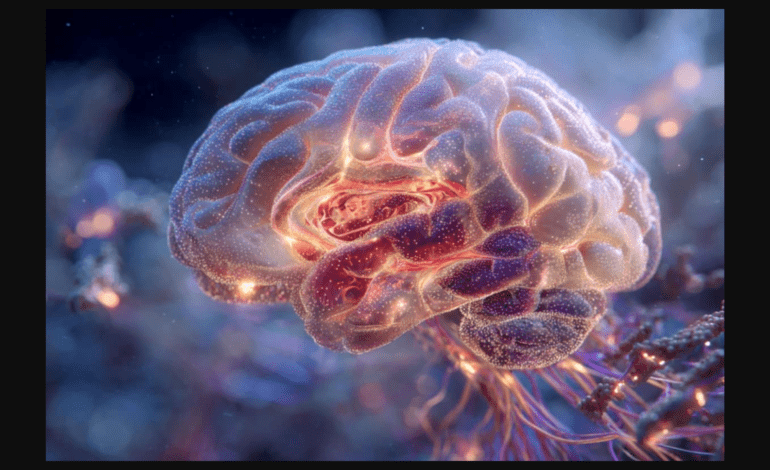
Could lithium deficiency be the missing link in Alzheimer’s disease?
By: Dr Avi Verma
A decade-long study from Harvard Medical School has uncovered a striking connection between lithium deficiency and the onset of Alzheimer’s disease. Published in Nature, the research shows for the first time that lithium is naturally present in the human brain and is essential for healthy nerve function.
Led by Dr. Bruce Yankner, the team found that loss of lithium is one of the earliest biological changes seen in Alzheimer’s patients. In laboratory mice, lithium depletion accelerated memory decline, while restoring lithium slowed or even reversed the process.
How lithium loss affects the brain
Using advanced mass spectroscopy, researchers studied trace metals in brain and blood samples from three groups:
- Cognitively healthy individuals
- People with early dementia
- Patients with advanced Alzheimer’s
Among nearly 30 metals analyzed, lithium was the only one showing a consistent difference across groups. Its decline appeared at the earliest stages of memory loss.
The team also discovered that lithium binds to amyloid plaques — toxic protein clumps strongly linked to Alzheimer’s — and prevents their uptake in the brain. This finding suggests that low lithium levels may accelerate plaque-related damage.
A potential new therapy
Lithium has long been prescribed in high doses for bipolar disorder and depression, but such levels can be toxic, especially for older adults. The new study focused on lithium orotate, a compound effective at one-thousandth the standard dose, closely mirroring the brain’s natural lithium levels.
In mouse models, lithium orotate improved memory and reduced Alzheimer’s-related changes. While promising, researchers stress that these results are preclinical. Human clinical trials are needed before it can be considered a safe therapy.
Redefining Alzheimer’s research
For decades, scientists have centered on amyloid plaques, tau tangles, and the loss of protective proteins such as REST. Yet these did not fully explain why some people with these brain changes never develop dementia.
This study positions lithium deficiency as a possible missing factor, opening new avenues for early diagnosis, prevention, and treatment.
Dr. Yankner noted, “The idea that lithium deficiency could be a cause of Alzheimer’s disease is new and suggests a different therapeutic approach. While we must be cautious in translating mouse results to humans, the findings are very encouraging.”
Acknowledgment
This work was conducted by Harvard Medical School researchers and funded by multiple grants. Full results are published in Nature (Aron et al., “Lithium deficiency and the onset of Alzheimer’s disease,” 2025).
Disclaimer: This article is for informational purposes only. It is not medical advice. Do not use lithium supplements or medications without consulting a qualified healthcare professional. Clinical trials are still required to confirm whether lithium therapy is safe or effective in preventing or treating Alzheimer’s disease.